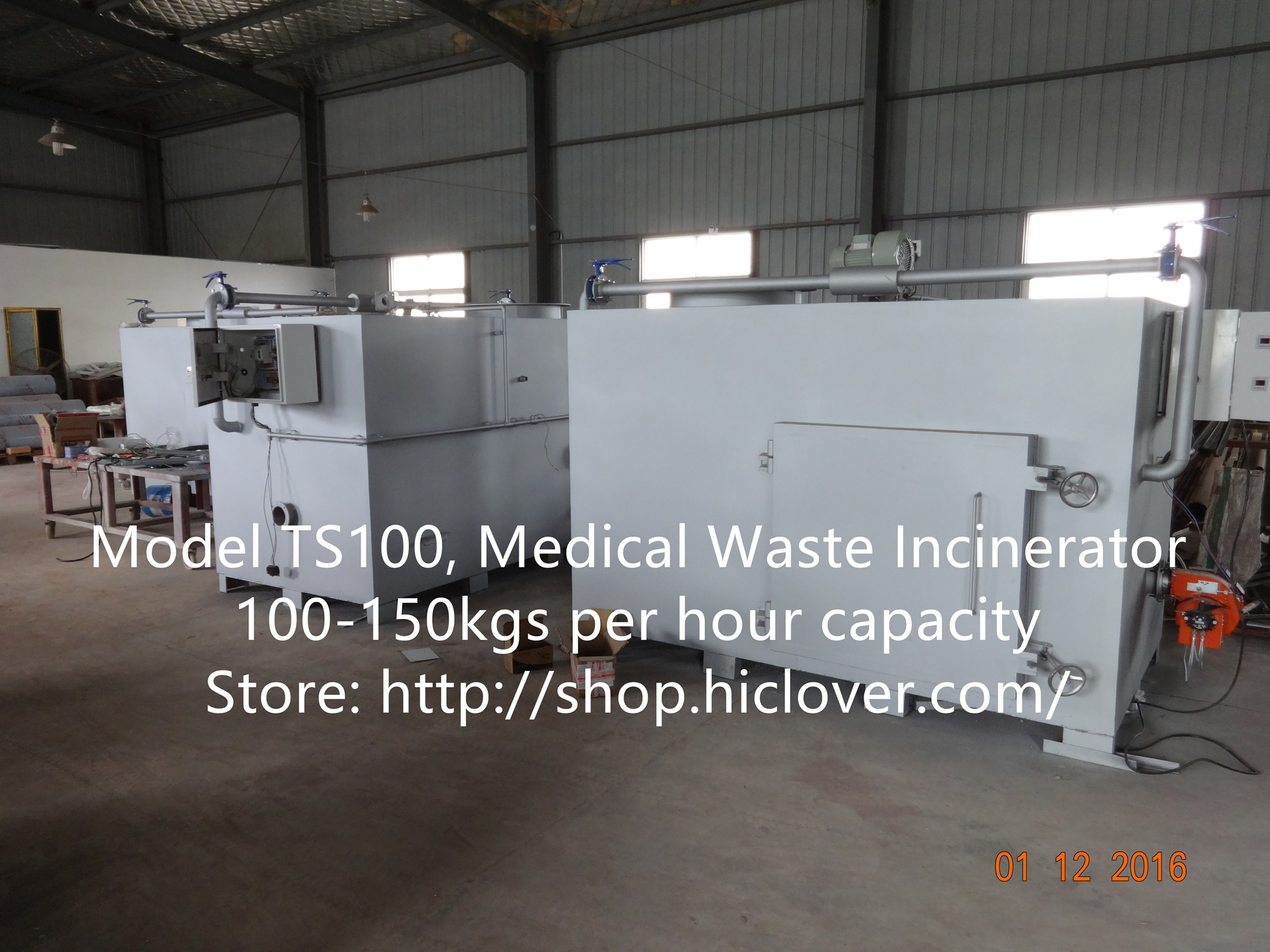Incinerators are widely used in Zimbabwe as a method of waste disposal, and while they may be effective in reducing the volume of waste, they are also having a significant impact on the environment. The emission of harmful gases and toxins from incinerators is causing air and soil pollution, which in turn is posing serious health risks to the population and damaging ecosystems.
One of the most concerning issues with incinerators in Zimbabwe is the release of dioxins and furans into the atmosphere. These highly toxic chemicals are known to be carcinogenic and can cause a range of health problems, including respiratory issues, hormonal disruptions, and developmental abnormalities. The release of these harmful pollutants is particularly dangerous for communities living near incinerators, as they are directly exposed to the toxins.
In addition to air pollution, incinerators also contribute to soil contamination. The ash residue from incineration contains heavy metals and other harmful substances that can seep into the soil, affecting its fertility and posing a risk to agricultural products. This can have a devastating impact on the food chain, as crops grown in contaminated soil may absorb these toxins, ultimately posing a risk to human health.
Furthermore, the carbon emissions from incinerators are contributing to climate change. The release of greenhouse gases such as carbon dioxide and methane is exacerbating the already dire situation of global warming, leading to extreme weather events, biodiversity loss, and other environmental challenges.
In light of these concerning impacts, it is crucial that Zimbabwe takes steps to address the issue of incinerator pollution. One solution is to invest in alternative waste management methods, such as recycling, composting, and waste-to-energy technologies that are more sustainable and environmentally friendly. It is also important to implement stricter regulations and monitoring of incinerators to ensure that emissions are within safe limits and do not pose a risk to human health and the environment.
Furthermore, public awareness and education campaigns are crucial to highlight the dangers of incinerator pollution and to encourage individuals and businesses to adopt more sustainable waste management practices. By raising awareness about the impacts of incinerators on the environment and public health, there is potential for a shift towards more responsible waste management practices in Zimbabwe.
In conclusion, while incinerators may seem like a convenient solution for waste disposal, their impact on the environment in Zimbabwe is undeniable. It is imperative for the government, businesses, and communities to work together to find more sustainable and environmentally friendly waste management solutions, in order to protect the health of the population and preserve the natural ecosystems of the country.



